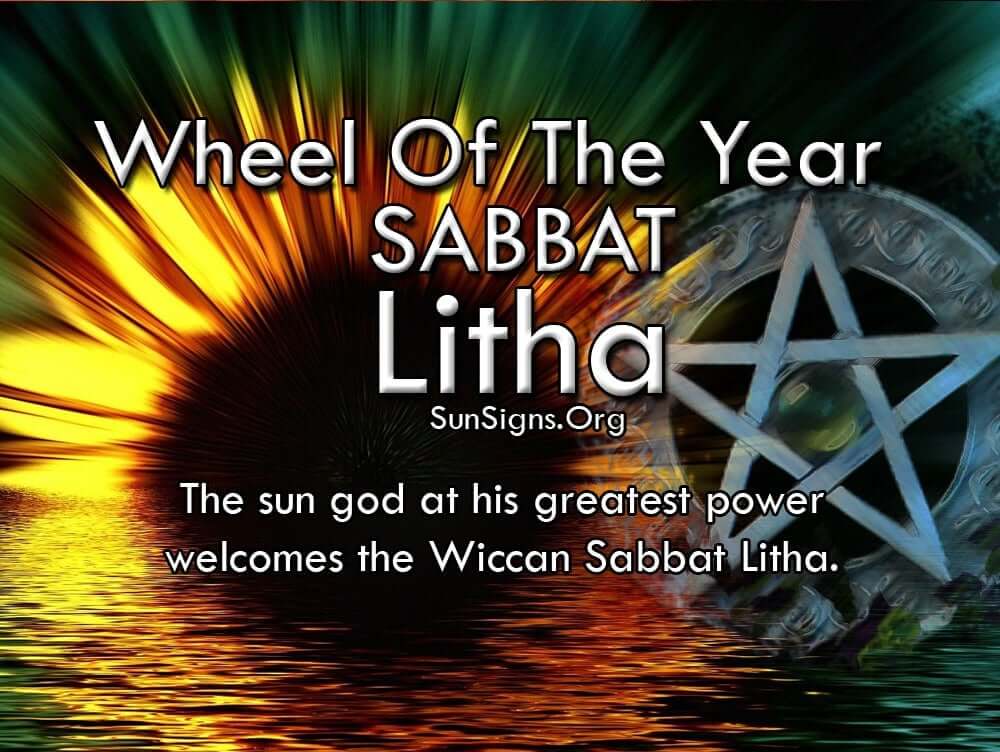
Aditi: Hindu goddess who gave birth to the universe and all the heavenly bodies. She is the keeper of the light that illuminates all and ensures consciousness. Although not necessarily a fire deity, she could be honored at the solstice as a goddess of light.
Amaterasu: Shinto goddess from which all light comes. Her festival is held annually in Japan in July. Amaterasu is the sister of the moon and the storm. She is a loving and well-loved goddess.
Apollo: A very popular Greek and (later) Roman deity, Apollo is a god of many things–music, medicine, healing, and the sun. His sister is Artemis (the moon), and his parents are Zeus and Leto. As his cult grew and spread to many parts of Europe, his primary domains became those of the sun and healing.
Beiwe: Sami goddess of Lapland. Beiwe provided the light the plants needed to grow, i.e., the sun. Those plants in turn fed the reindeer, which were vital tot he people of Lapland for food and hides for clothing. Her festival was held at the summer solstice.
Hestia: Greek goddess of the hearth and hearthfire. Hestia is the goddess of the home and the family, and often was honored first in the house above all others because any home was her domain. She is honored at the solstice because of her hearth fire.
Horus: Egyptian god of the sun. In later mythology, he became associated with Ra, another Egyptian sun god, and at one point was also associated with Nut, the sky deity.
Huitzilopochtli: Aztec god of the sun and warriors and patron deity of the city Tenochtitlan. In early time, he battled with another sun god, Nanahuatzin, for supremacy and fought back darkness. He is a harsher god, and requires his worshipers to make sacrifices to him for the next fifty-two years.
Juno: Roman goddess of the home, family, and marriage. She is a bit nicer than her Greek counterpart Hera. As the patron deity of marriage and handfastings, it is popular and common for weddings to be held in her month, June. She is honored at the solstice in part because the longest day falls in her sacred month.
Lugh: Celtic god of light and many other things. He is in some ways similar to Apollo in terms of popularity and role in his myths. Although Lugh technically has his own Sabbat at Lughnasadh, he is acknowledged at the solstice as well because of his role as a solar deity.
Sunna/Sol: Norse goddess of the sun. She doesn’t get talked about very much in the myths, but she is honored at the solstice for her role in providing warmth and thus life in the cold Nordic countries.
Vesta: Roman goddess of the hearth. Her counterpart is Hestia, and Vesta has the same functions as Hestia in that she is the goddess of the hearth, hearth fire, and home.
Comments